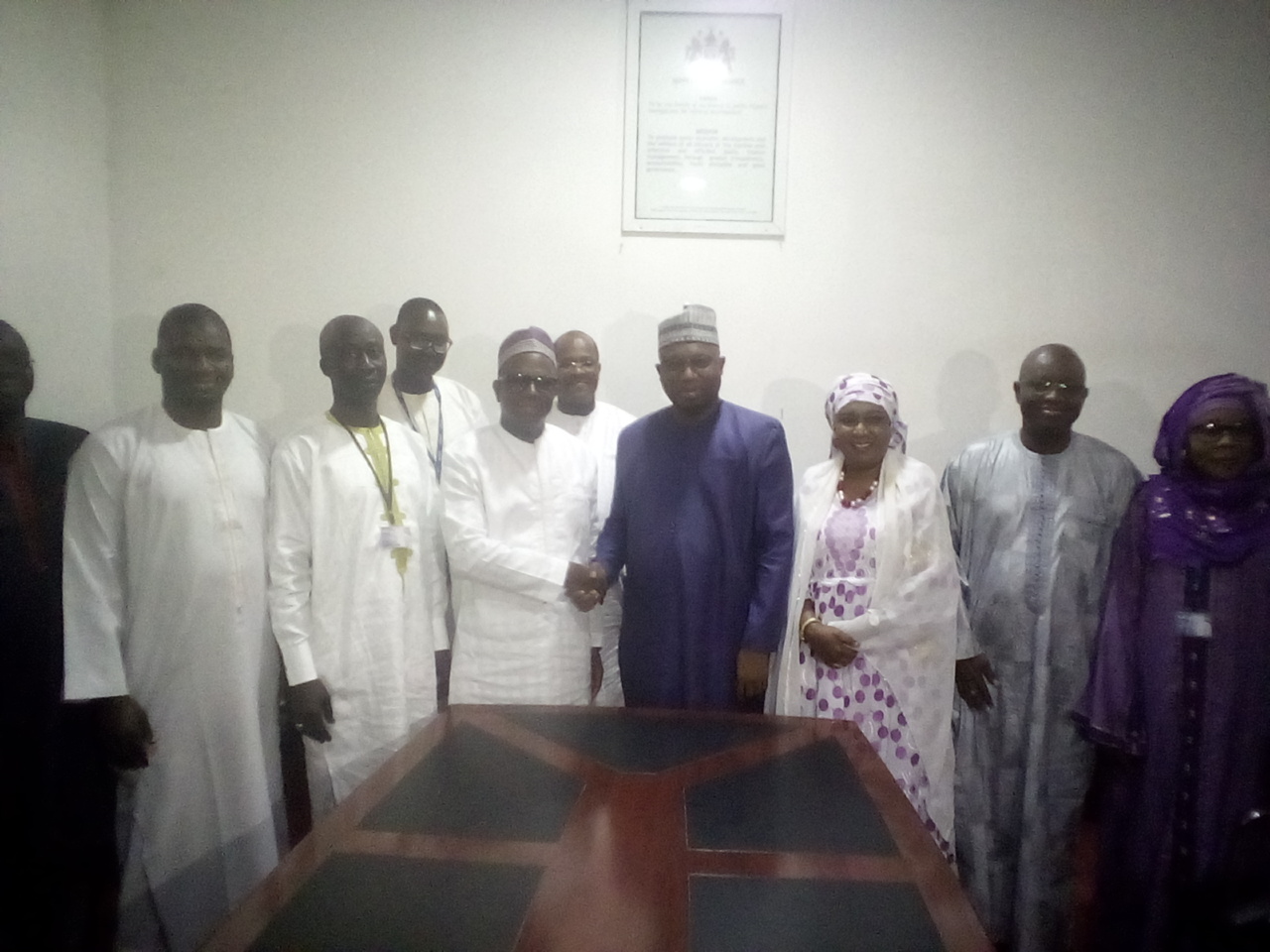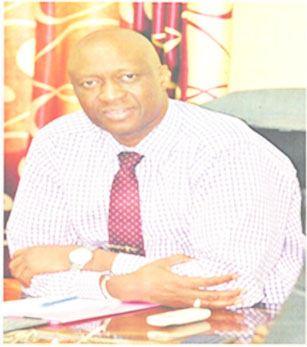Dr. Ousman Gajigo
The Ministry of Finance, through the Gambia Revenue Authority (GRA), announced on 24th December 2018 a D1 per kilo duty on imported bagged cement. The stated goal of this new import tax is to protect the local cement bagging companies.
This means that a 50kg bag of cement (which currency costs about D275) would face an import duty equivalent to D50, plus a 5% excise tax on value (CIF). This is an ill-thought out new policy whose benefits are questionable while the costs are substantial.
The communique explicitly stated that “…the measures are intended to protect and support our local industries in the country”. In theory, it is not always a bad idea to protect local infant industries despite the claims of free-trade absolutists. In this particular situation, the Ministry of Finance’s decision makes no sense whatsoever.
First of all, there is no cement industry in The Gambia to speak of. What we have are cement bagging companies. These companies are simply wholesale companies that import bulk cement that is already fully processed, which they then put into marketable bags for consumers.
An actual cement industry would entail having processing plants that use the main ingredients of cement such as limestone and coal. In some countries, an intermediate product such as clinker is imported that is processed into usable cement. In such a country, I can see a limited claim for a local cement industry. But that is not our situation in The Gambia.
To say that The Gambia has a cement industry is like saying that we have a sugar industry. Not only do we as a country not produce any commercial sugarcane, but we carry out no sugar processing or refining.
However, sugar is abundantly imported not only in bulk but also in smaller quantities. This situation is almost identical to the case of cement bagging companies. Imagine the ridiculously of an announcement by the Ministry of Finance that protects bulk importers at the expense of small-scale importers.
To levy a massive tax on imported bagged cement that competes with these cement baggers is nothing but a giveaway to few politically-connected companies who have no processing activities whatsoever at the expense of poor consumers and the construction industry at large.
Not only would these unnecessary import tax protect these bagging companies, it would also enable them to substantially increase their prices. After all, we only have three of these highly profitable companies. To collude in order to artificially increase the retail price of cement would be quite easy and would almost certainly happen.
We know for certain that most rural areas would soon face a higher price of cement once their current inventories run out. As of this week, the price of a 50kg cement bag in Farafenni is about D225.
This price is lower than the prevailing one in the Kombos simply because the bagged cement in Farafenni comes just across the border from Senegal. With the imposition of this new tax, the price of cement in that region would go up to at least D275, without even including the 5% excise tax.
The real industry that would be affected by this is the construction industry. Cement is one of the biggest components of construction costs. Any individual who wants to construct a building would feel the effect of this unnecessary tax.
A small building in the Kombos that needed 300 bags would cost about D82,500 today but this tax would increase that amount to at least D100,000. Major infrastructure work would also inevitably experience significant increase in costs, contributing to increasing our massive infrastructure deficit.
It could be recalled that in April 2017, the Barrow government made a big deal out of its decision to reduce import duty on flour, cement and other commodities. At the time, the decision was sold as President Barrow correcting the wrong decisions by the former President Jammeh.
Now, this same Barrow government went exactly back to those same policies that Jammeh had enacted. In many ways, the Barrow government is slowing starting to reintroduce Jammeh policies that had been removed. This should not be surprising as Barrow keep surrounding himself with Jammeh’s former officials.
There are two possible reasons for the decision to reintroduce a bad policy that had been removed, and none of them reflect well on the head of the Ministry of Finance.
One possibility is that this is some sort of corruption at the very top where some connected businesses get special deals at the expense of poor Gambians. Another possibility is that there is nothing nefarious. Rather, poor quality analysis misled incompetent officials at the Ministry into implementing a bad policy.
So, here we are: our current situation is either through incompetence or malfeasance. A few weeks back, an aggrieved Mambury indignantly responded in the National Assembly to calls for his resignation with the claim that he is ‘serving’ his country. Unfortunately, he is serving his country rather poorly. A sure way to quiet down calls for his resignation is to perform one’s job competently. But with Mambury Njie at the helm of the Ministry of Finance, I suppose such terrible policies shouldn’t come as a surprise now.
It is also worth pointing out that the time has also come for a major change at the head of GRA. The Commissioner of GRA, Mr. Yankuba Darboe, is another holdover from the Jammeh era. During his tenure in the previous regime, the GRA became a tool for Jammeh in extracting as much as possible from the fiscally oppressed Gambians given that other sources of finance dried up. With the arrival of the new regime, the situation at the GRA has not changed much.
This is not surprising. The out of date GRA Act is still in effect, and by all indications, there is no urgency for needed reforms. Furthermore, I have seen no evidence that Mr. Darboe has the necessary grasp of tax policy and its larger role in the economy. This status quo is unfortunate since there are capable younger officers in that institution who should be given a chance to lead.
Ousman Gajigo is an economist. He has held positions with the African Development Bank, the UN, the World Bank and Columbia University. He holds a PhD in development economics. He is currently an international consultant and also runs a farm in The Gambia.





